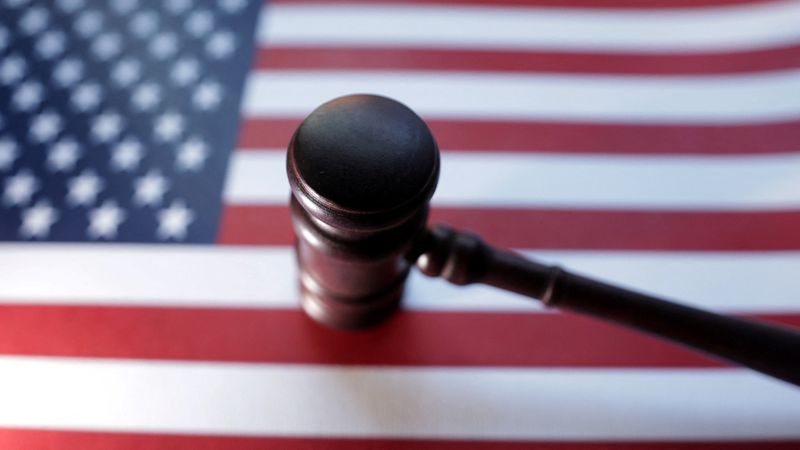US court delays turnover of Argentina’s 51% YPF stake

(Corrects headline to remove reference to “appeals” court)
By Jonathan Stempel
NEW YORK (Reuters) -A U.S. judge on Monday temporarily halted enforcement of an order requiring Argentina to turn over its 51% stake in oil and gas company YPF to partially satisfy a $16.1 billion court judgment. The decision by U.S. District Judge Loretta Preska in Manhattan affords temporary relief to for the cash-strapped South American country, which has warned its economy could be destabilized if it were forced to give up the YPF stake. A turnover had been scheduled for Monday, but Preska extended the deadline to July 17 to allow time to appeal.
Argentine President Javier Milei has been seeking to bolster foreign currency reserves and rein in soaring inflation while dealing with a heavy government debt burden.
The dispute arose from Argentina’s 2012 decision to seize the YPF stake from Spain’s Repsol without making a tender offer to minority shareholders Petersen Energia Inversora and Eton Park Capital Management.
Those shareholders are represented by litigation funder Burford Capital, which has said it expected to receive 35% and 73% of Petersen’s and Eton Park’s respective damages.
In September 2023, Preska ordered Argentina to pay $14.39 billion to Petersen and $1.71 billion to Eton Park.
Argentina has not paid the judgment while it appeals. On June 30, Preska ordered the government to turn over the YPF stake within 14 days.
The country has argued that the YPF shares were immune from turnover under the U.S. Foreign Sovereign Immunities Act, while Burford said a commercial activity exception and years of evasion by Argentina justified a turnover.
In a court filing on Thursday seeking to delay the turnover, Argentina told the appeals court “the stakes could not be higher.”
It warned that requiring a turnover would irreparably harm its sovereignty, interfere with foreign relations, violate international law and wrongly expand U.S. courts’ power.
Argentina likened a turnover to a foreign court ordering the U.S. government to ship gold reserves stored at Fort Knox outside the country because that court misinterpreted U.S. law.
The country also said it would be unfair to give up its controlling stake in the country’s largest energy company now, because doing so would likely be irrevocable even it ultimately won the case.
(Reporting by Jonathan Stempel in New York; editing by William Mallard)









